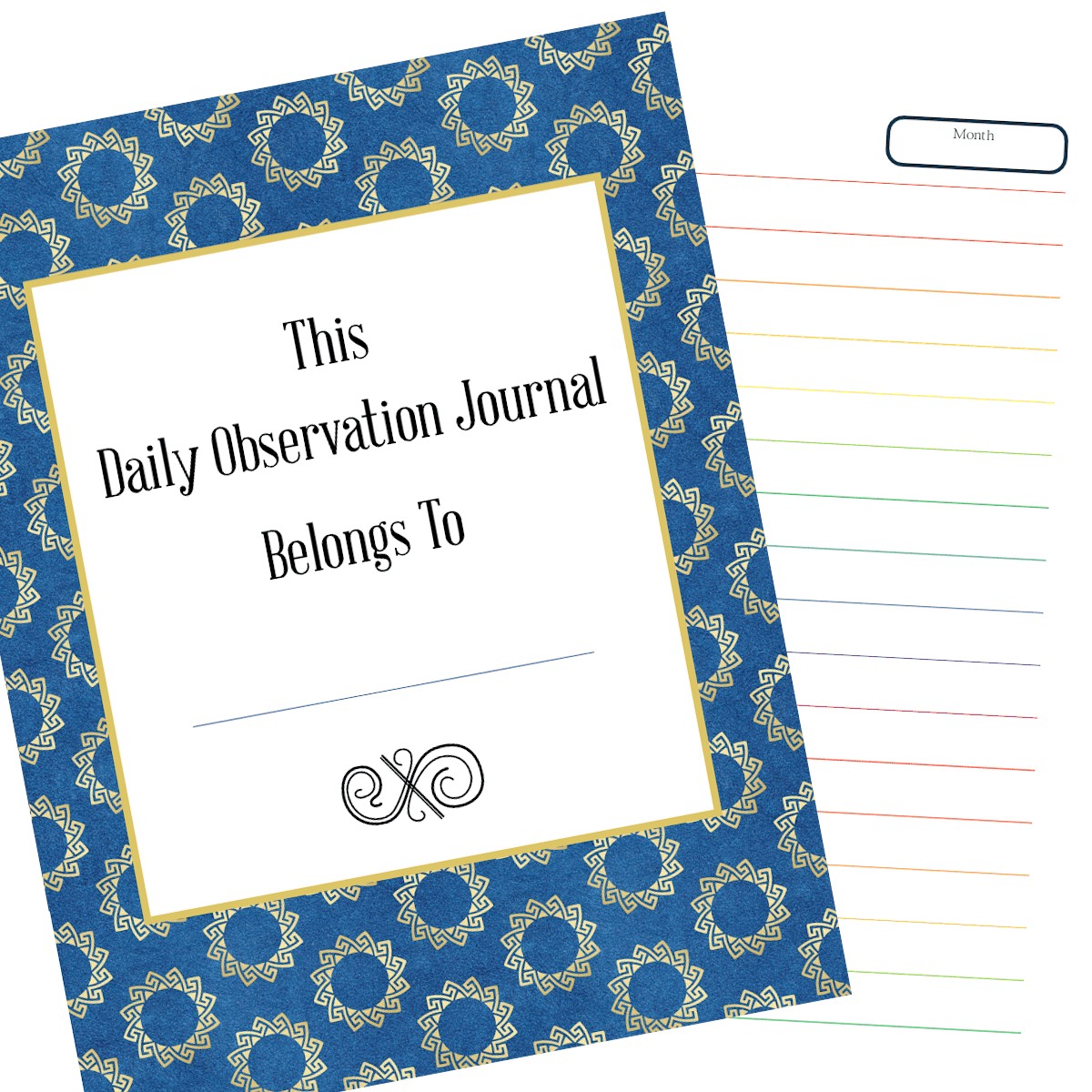Let’s go back in time a moment and look at the beginning of science. I imagine it started with an obstinant child looking for an easier way to do chores so they could go play. Or even a businessman looking for a way to increase the ease of an aspect of his business.
The earliest written accounts of science relate to exploring an aspect of the world fully, continuing to ask why things were. How things were impacted by other aspects. Ibn al-Haytham is often credited as the first published scientist as he really worked his way through the scientific method.
But was he the first to start exploring? Definitely not. Al-Haytham was alive after the likes of Aristole and other natural philosophers that began to poke and philosophise about they whys and hows enough to poke and tinker. However, Al-Haytham was an early proponent of the concept that a hypothesis must be supported by experiments based on confirmable procedures or mathematical evidence.
Al-Haytham was not only a scientist, but also one of the first torchbearers of scientific knowledge for he did more than just ponder and poke at the problems.
What is a torchbearer of knowledge?
A torchbearer of knowledge is a person that has knowledge about a topic that seems like most people don’t. This could be any topic, really, from religious history to high end particle physics, dinosaurs to the rocks that hold fossils of the dino’s food. It could be modern day engineering that makes our world work efficiently to the history of how we got here.
You get the point. It could be any topic.
Often times it can feel like aesoteric, forbidden yet exciting knowledge because most people just don’t seem to care about your particular passion.
It feels like the knowledge you have could be both interesting and really useful, even if you don’t know how.
The knowledge is often fun to share, but most people can’t connect the dots to the wider applications any more than you.
Being a torchbearer of scientific knowledge started with those that looked at the world, saw the extended invitation to reflect upon the natural phenomena and seek appropriate lessons from the truths hidden beneath them.
It continues with you, the person who continues see the extended invitation and body of knowledge that has been built and left for you to explore and build upon.
So why the torch? It is a symbol of enlightenment and knowledge. It’s a symbol that reason will overcome ignorance and corruption.

There are two paths you can take: General science or applied science.
When you pick up the torch, you will probably be tempted to take one of two paths: One that is mostly generalised that appears in the world as pop science or one that is applied science, which is often university or industry.
There is no reason why you can’t cross back and forth to each parallel path. Some people choose to focus on writing popular science books, work in museums, become a science communicator or teacher. Others choose to delve deep into a topic of choice, following in the footsteps of al-Haytham. Others choose to be independent researchers and communicators at the same time.
Each path has it’s pros and cons.
With pop science you can speak to a lot of people and teach a wider variety of the public about your knowledge. However, everyone will know you’re not the expert or even an expert. You’ll be seen as the person that just puts it into story format.
At the university, you’ll be seen as an expert, but you’ll have to toe the line of what’s appropriate and desirable and what captures your interest. You’ll be forever chasing grant money, and the grants are given out by people with an agenda.
You can have the best of both worlds of researching and sharing your knowledge by being an independent scientist. You work for yourself and pay for it by communicating to the public about what you’re doing. It’s a business model of science that combines both the university and industry styles of research and science communication.
Regardless of what path you choose, you’ll be asked to focus on problem solving versus exploration of sciences.
And there isn’t a line delineating which is which. If you choose to problem solve, you can truly make a positive impact in someone’s life. However, you can burn out quickly with constantly finding problems to solve. In a less ethical scenario which happens often in the real world, there are solutions that solve problems that were created just to make someone feel important. Most activism is like that, so don’t convolute one with the other.
The other side of this is exploration. It’s pure curiosity without corruption or pressure. However, not many people will value it just because. This is the burden of a torchbearer of scientific knowledge, sadly, as not every fact is something that people can use.
The solution, of course, is to combine the two. You can – and should – explore as often as you can. Sharing generously, but without judgement as many will not understand the whys. They will ask what’s the point of what you just said, and you’ll feel the need to solve a problem or make science “productive.” Look for ways to connect the dots for them with the knowledge, and strive to waken them up to the need to have yet more torchbearers of scientific knowledge.
After all, a torchbearer we might be, but it takes more than us to see all the secrets and understand the value to life.

